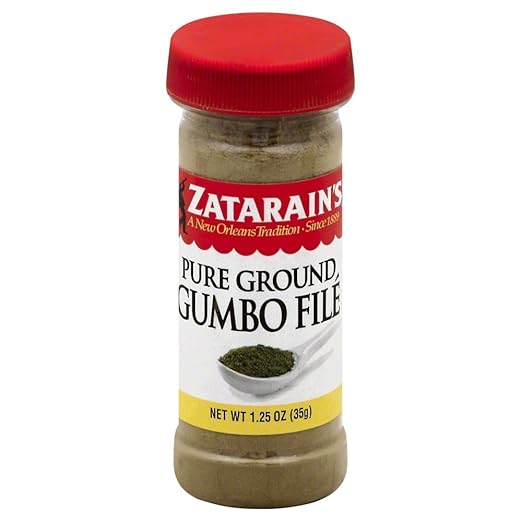Book Review: La Bouche Creole
Date: 1981
Publisher: Pelican Publishing
ISBN: 0-88289-242-8
Length: 244 pages plus index
Illustrations: drawings by Marlene Bettale
Quote: “[A] well-seasoned cast iron pot with a nut brown roux; in this pour finely chopped onions, celery, and peppers. From here you could branch out into a thousand different directions, and still wind up with a Creole culinary masterpiece.”
La Bouche Creole is written in English. French words, including the phrase “la bouche Creole” (the Creole mouth), are used sparingly and explained in the text.
The good news is that savory vegetables and outrageous spices will give these dishes a ragin’ Cajun flavor even if, as most modern readers will, you automatically reduce the fat. Do you really need to start a gumbo that will get plenty of fat from chicken and sausage, and plenty of carbs from rice, with 5 tablespoons of oil and 6 tablespoons of flour? If you’re serving it in one-tablespoon-size plastic sample bowls, as an historical novelty, why not? If you’re actually cooking it for people you care about, you could use some of the chicken stock to lubricate the pan while slowly softening the vegetables, skip the roux, and let those who want thick gumbo add fat-free, lower-carb filé powder at the table. Soniat explains how to use filé powder (and other regional specialties) in the text.
As given, most of the recipes are high in carbs, saturated fats, and sodium, as well as being on the oily side. However, if you want to sacrifice authenticity to nutritional value, it’s seldom hard to do.
Most of the recipes focus on vegetables and proteins. Surprisingly few call for dairy products, and few call for legumes. These tendencies seem to have anticipated today’s awareness of food tolerance issues. Most of the people who invented these recipes could practically live on pungent yellow onions and cayenne pepper, but many found milk and bean proteins hard to digest. However, Soniat includes a few recipes for those who want to use milk, cheese, or beans.
A few recipes demand authentic regional supplies. People who live far from the coast can buy canned or frozen oysters, but Soniat warns that recipes that call for fresh oysters won’t taste right unless they’re prepared within an hour from the oyster bed. One recipe calls for a local specialty of “unbleached white flour with wheat germ”; Soniat suggests substituting regular whole wheat flour, again admitting that it won’t be the same. Filé powder is available in most of the United States, but is not always sold in every grocery store. (Your grocer can order this kind of thing online.) Then there are recipes for cooking marsh hens and possums...Soniat says he left them in for historical interest only.
The quantities and combinations of spices suggest that they were originally used for medicinal purposes. Those who have the Creole Mouth would see no reason not to use one big yellow onion, one or two garlic cloves, and a teaspoon of pepper, thyme, sage, allspice, and maybe cinnamon, per person. Such combinations certainly add enough flavor to help people who are trying to reduce their salt intake, and may have some other health benefits. Using smaller amounts of spices may be less authentic but will make the dishes suit an English Mouth, or even a Scottish Purse. When I use these recipes I usually include all the suggested spices, but I use a sprinkle where Soniat suggests a spoonful.
Phytochemicals found in garlic, cayenne, sage, thyme, oregano, and other spices have medicinal properties; if you need an antiseptic, anti-hypertensive, laxative, carminative, or other herbal effect associated with any of these tasty herbs, La Bouche Creole offers a few dozen delicious ways to take your medicine. If, however, you don’t eat possums, or marsh hens, or hogs tame or wild, you might not need as much herbal medication as those who do.
Soniat no longer has any use for a dollar, so this is not a Fair Trade Book. However, if you send $5 per copy + $5 per package + $1 per online payment to either address at the very bottom of the screen, you may add a copy of La Bouche Creole to the same package with one or two Fair Trade Books and pay only one $5 shipping charge.


No comments:
Post a Comment